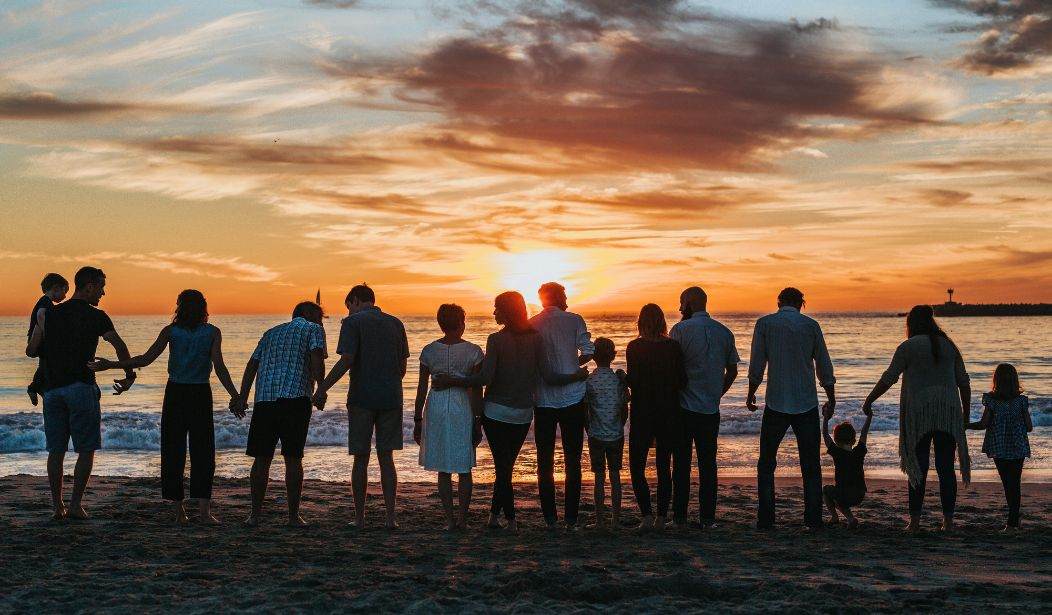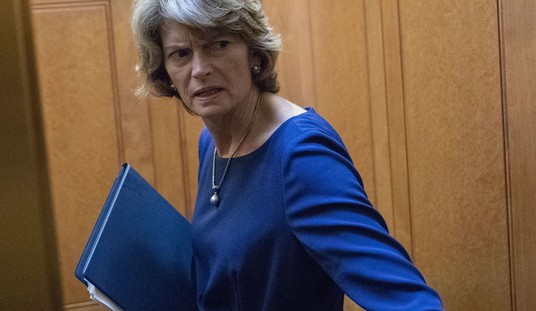Back in the day, there was a joke going around that involved an expectant mother, the smart-aleck father, and their older child. While the mother is dealing with the discomfort of the ninth month, the parents are explaining to the older child what will be happening when that baby arrives. The child asks his/her father, "How long does the pain of childbirth last?"
The father replies, "18 years," at which point I expect the mother would throw something at his head.
This is a joke, and not to be taken too seriously. Even so, there's a kind of backhanded truth in it. Kids are expensive. Responsible people tend to know this and plan accordingly. But there are people who look at children, at starting a family, only from the viewpoint of economics, and to my thinking, that's a sad miscalculation. I know people, some of them good friends, who made the choice early on to not have children. One couple, an old elk hunting buddy of mine and his wife, agreed on their marriage to forgo children. Oh, they were able to spend money on other things; they have a beautiful home on a mountain lake in Colorado, and have traveled extensively. But they are now in the 70s - and my only thought for such people is "What happens when one of you dies - it's going to happen, sooner or later - and the other is elderly, possibly in poor health, and all alone?" That's not a future I'd want to contemplate.
The other day, I stumbled across this essay, which presents some interesting information on parenting and the non-financial benefits of having children. Here, as I see it, is the key:
A new survey by the Institute for Family Studies, for example, found that mothers, particularly married mothers, are more likely than non-parents to report that they are “very happy.” Both married moms and unmarried moms were much more likely than women without children to report that their life has a “clear sense of purpose.” The survey’s authors concluded: “Despite the challenges associated with family life for women—including more stress and less time for oneself—there is no question that marriage and motherhood are linked to greater female flourishing on many other fronts.” Similarly, the regret rate for having children is remarkably low; very few people with children would not have had kids if they had the chance to do things over again. As psychologist Paul Bloom writes, “[t]he love we usually have toward our children means that our choice to have them has value above and beyond whatever effect they have on our happiness and meaning.”
This should come as a surprise to no one, or at least to no one who has a family. Yes, children can be stressful, and not just while they are growing up; we supported one of our daughters through a bad, emotionally abusive relationship. We gave her moral support, and when she finally left the... person in question, Mom raced to Iowa to stay with her for a couple of months while she rented a house, got her kids situated, and started putting her life back together. That's what family does. Now our daughter is married, her new husband worships the ground she walks on, and she's deliriously happy with him. My wife and I are likewise happy that we were able to see her through all that.
That's what family does.
Read More: Photographs and Memories: Bonds of Blood, Bonds of Love
The Left's Resistance to Children Is Phasing Them Out of Existence
That's why the cost of children is, to my thinking, massively outweighed by the benefits. While prudent, responsible people do plan with their personal economics in mind, and do not over-extend their finances through carelessness, neither should they take into account only financial matters in decisions of the family. There's so much more to life than finances, than money. Having children, raising them, leaves so many wonderful moments etched into your mind; believe me, as the father of four grown daughters and grandfather of six, so many of those moments burn so bright in my memory.
We remember the flurry of activity around a new baby; the birth, the naming, the rush of family to see the new little one. We remember the first big smile as the baby grows alert. We remember them, dressed up, nervously heading off the their first day of kindergarten. We remember them graduating high school, the excitement of going away to college, of spreading their wings and heading out into that big, broad world on their own. We remember them forming their own relationships and, in time, their own marriages.
Then, we remember them becoming parents themselves, and so the wheel turns. We rush again to the hospital, to the maternity ward, and greet the new arrival: "Hi there, little one. I'm your Grandpa." On the other side of that, we see our oldest daughter starting to lean into the role that she will one day hold as head of the family, and making plans for her mother and me to ensure we will have the support of the entire family, should we need it, as we grow old.
These moments are pearls beyond price. You can't attach any financial value to them. They are beyond all that.
These are bonds that are with us for life. One of the best pieces of advice I ever received on parenting was from my father. I was probably in my 40s, and had gone to him for advice on something or another, as I often did right up until he passed away at 94. We talked over whatever my dilemma was, I got his feedback, and thanked him. I was glad, I told him, to have a father I could rely on for advice - even if I was a middle-aged man myself.
Dad put a hand on my shoulder. "You never stop being a parent," he said.
As usual, Dad was right.














